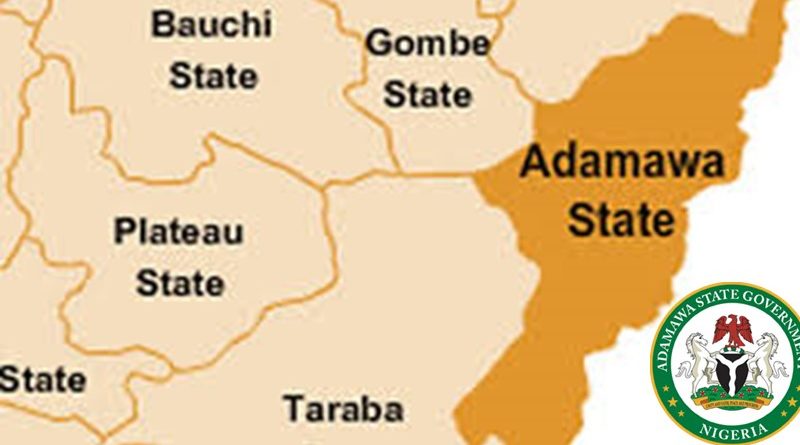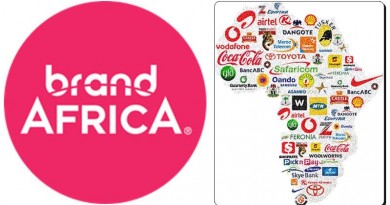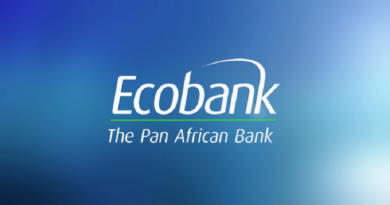Victims of gender-based violence in Adamawa state gets succor
Public health is seriously threatened by gender-based violence and sexual exploitation and abuse (GBV/SEA). In order to support the government of Adamawa state in providing quality care for survivors of gender-based violence, particularly those receiving humanitarian aid, the World Health Organisation (WHO) has done so.
In order to provide sensitization on GBV and the role of the health provider for survivors in accordance with the WHO guideline, WHO assisted the state government in training 65 health workers and volunteers (dubbed GBV Champions) with funding from USAID’s Bureau of Humanitarian Assistance (BHA) and the Government of Germany.
The 65 GBV Champions had the knowledge and abilities to recognise warning signs of violence, provide appropriate first-line assistance, including psychosocial assistance, and make pertinent referrals to medical institutions and social services.
Confidently asking for assistance
Jessica Matthew, 37, a GBV survivor who had been sexually assaulted by her brother-in-law for more than five years, was able to receive medical care because to their efforts.
She endured the psychological and physical abuse unaided until she met a GBV champion in the Girei Local Government Area (LGA). “I was unable to tell anyone that I was living in fear. They won’t believe me, I thought,” she remarked. As a result of the abuse, Jessica had health issues like depression, anxiety, and self-inflicted wounds. She had been hesitant to speak up for fear of being stigmatised or having people not believe her.
In addition to the health intervention and counselling provided by the health worker, she stated with a smile, “I was able to tell my husband about the abuse, and he believed me since he too had the chance to receive education from the health officers. Women’s physical, sexual, reproductive, and mental health, as well as their emotional and social well-being, are seriously harmed by GBV in the short- and long-term.
Adamawa state does not have information on the prevalence of GBV in a humanitarian setting, but the Nigeria Demographic Health Survey calculates that 44.4% of the state’s female residents between the ages of 15 and 49 have experienced physical, emotional, or sexual violence at some point in their lives. Gender-based violence (GBV)—which includes sexual and/or intimate partner abuse and other types of violence based on gender inequality—occurs at higher rates in humanitarian situations. GBV interventions are intended for 1,317,980 million people as part of the humanitarian response strategy for 2023. Out of the total targets, 34% are located in Yola, Adamawa state, of which 32% are internally displaced persons (IDPs), 25% are returnees, and 43% are members of the host community.
Providing assistance
GBV is a big problem in the humanitarian northeast states, according to Dr. Beatrice Mauraguri, WHO Emergency Manager in northeast Nigeria. The WHO is assisting the health sector in responding to GBV, including physical, sexual, and emotional violence, all of which can have substantial negative effects on physical, psychological, and reproductive health. Health systems can assist women who have experienced violence.
Over 141,200 women were exposed to GBV key messages in Adamawa state between January and May 2023. Dr. Muraguri stated that WHO “remains committed to ensuring that the prevention of gender-based violence is sustained and that vulnerable and susceptible women and girls in Adamawa state have access to reliable information.
Furthermore, according to Mrs. Uziel Tulhungu, the Reproductive Health Coordinator and Gender-Based Officer in the state of Adamawa, with the help of the training, the GBV champions have been informing the locals about the risks of GBV/SEA and gaining their trust so they will open up and seek medical attention. Mrs. Tulhungu also expressed her gratitude to WHO for its assistance, highlighting the fact that it has opened up a pathway for medical and psychosocial intervention for victims of abuse by enhancing and enhancing the abilities of health professionals to respond and offer high-quality, individualised GBV health services in the communities.
The GBV champions backed by the WHO continually offer GBV services, including GBV messaging to the vulnerable individuals residing in IDP camps, host communities, and difficult-to-reach locations. This ensures real-time access to holistic health services.
In order to effectively reach these communities with GBV services, WHO is collaborating with state-based civil society organisations and its mobile health teams.




